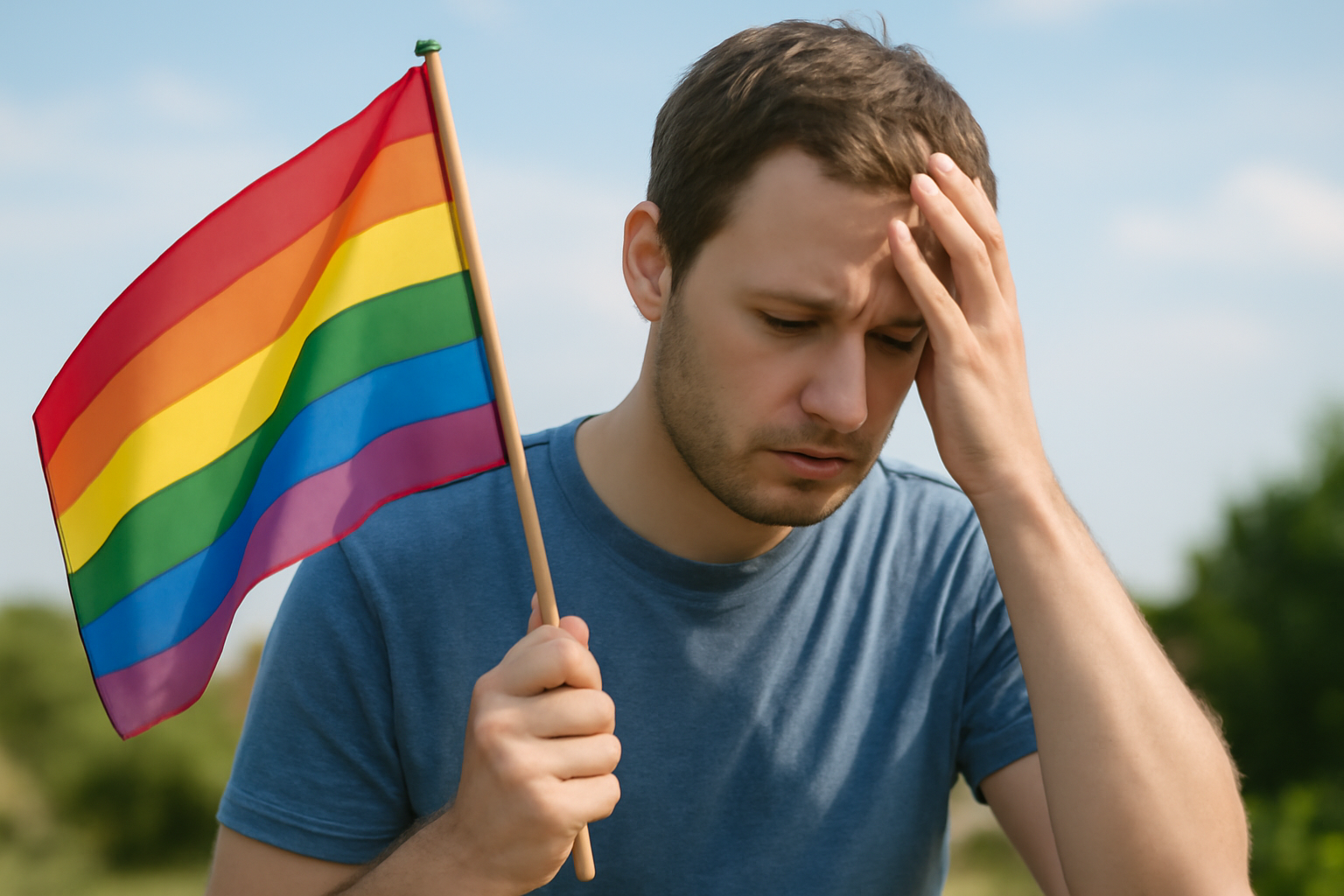
The recent administrative decision to halt the majority of U.S. foreign aid funding for 90 days has dealt a severe blow to the global LGBTQ rights movement. Advocacy groups worldwide are now grappling with unexpected financial crises, jeopardizing their ongoing efforts to promote equality and human rights.
Impact on Latin American Advocacy Groups
The Institute on Race, Equality and Human Rights, an organization based in Washington that advocates for LGBTQ and intersex rights in Brazil and other Latin American countries, recently announced that it has suspended many of its activities due to an 80% reduction in its funding. The organization communicated to its supporters, emphasizing its continued commitment despite the challenging circumstances and appealing for donations to mitigate the financial shortfall.
Outright International, another global LGBTQ and intersex advocacy group, reported that it has been forced to pause direct funding and capacity-building support across 32 countries in Africa, Asia, the Caribbean, and Latin America. These groups have been pivotal in providing essential services such as protection from violence, skills training, and access to healthcare.
Challenges for Organizations in Africa and the Caribbean
The LGBTQ+ Victory Institute, working with various advocacy groups in Colombia, Peru, and Brazil, has suffered significant financial losses, amounting to two-thirds of its global program budget. Elliott Imse, the organization's president, expressed the urgency of securing new funding to continue promoting LGBTQ inclusion worldwide.
In Namibia, Equal Namibia and Namibia Pride face a dire situation, having lost a substantial portion of their funding from USAID. This loss has forced their campaigns to rely on voluntary efforts at a critical time as they prepare legal challenges against recent legislative actions.
Health Services Disrupted in the Caribbean
COIN (Center for Integrated Training and Research), an organization combating the HIV/AIDS epidemic in the Dominican Republic, reported that the suspension of U.S. aid has disrupted the free services it provides to over 2,300 patients. While they can still offer antiretroviral drugs thanks to government support, several other healthcare services have been suspended or limited, including urology and internal medicine.
Global Call for Support
In light of these developments, COIN has issued an urgent call for support from the national and international community to find solutions that allow them to continue essential services. They stress the importance of solidarity and commitment to the health and well-being of thousands of individuals who depend on these services.
Political Responses and Criticisms
The decision to freeze aid followed a directive by Secretary of State Marco Rubio, responding to an executive order from the administration. Despite some exceptions for life-saving programs, many initiatives have been severely impacted. Critics, including LGBTQ advocacy groups, have challenged the administration's claims of misuse of funds and emphasized the critical role of U.S. aid in supporting global LGBTQ rights and development efforts.
Salvadoran President Nayib Bukele has publicly supported efforts to dismantle USAID, claiming that such funds often end up supporting politically motivated groups rather than genuine development efforts. However, LGBTQ advocacy leaders argue that these funds have been instrumental in promoting human rights and addressing pervasive discrimination.
Future Uncertainties for LGBTQ Advocacy
Mónica Hernández, executive director of ASPIDH Arcoíris Trans in El Salvador, shared her concerns after learning about the suspension of USAID funding. Her organization, like many others, is now seeking alternative sources of funding to continue its critical work without U.S. support.
With the U.S. historically providing approximately one-third of the funding for the global LGBTQ rights movement, the financial gap left by the aid suspension is estimated to exceed $50 million. Advocacy leaders warn that without immediate intervention, the movement could face setbacks of up to a decade.
The ongoing crisis underscores the urgent need for alternative funding solutions and international cooperation to sustain the momentum of the global LGBTQ rights movement.
Related Posts
Finding a Community in Unexpected Places: A Personal Journey Through Texas
On my latest business trip down in Texas, it felt like everything that could go wrong did. It all started with my flight from Los Angeles, which got hit with major delays. I ended up missing my connecting flight in Dallas, and it took a full day before I finally made it all weary and worn out in McAllen. I tried chalking it up as one those typical travel mishaps, but I couldn't help but wonder if [...]
Jonathan Bailey's 'Chic Glasses' Steal the Spotlight in Jurassic World Rebirth
Jonathan Bailey's fashion choice dazzles in Jurassic World Rebirth Fans can't wait any longer—the latest installment in our beloved Jurassic franchise, *Jurassic World Rebirth*, hits theaters soon. And guess what? It's not just about dinosaurs this time. Jonathan Bailey, whom we adore from *Bridgerton*, steps up as Dr. Henry Loomis, a charismatic paleontologist. But what's stealing his thunder? [...]
Martha Graham Cracker: A Night of Electrifying Drag Performance in Atlantic City
Experience a night like no other: Martha Graham Cracker's rock n' roll drag cabaret Get ready, because Martha Graham Cracker's about set Atlantic City's Anchor Rock Club on fire with her electrifying drag cabaret. With a voice that commands attention and a stage presence that's both vibrant and mesmerizing, she blends rock and roll with drag like nobody else. If you're itching a night jam-packed [...]